CATE Seminar Series
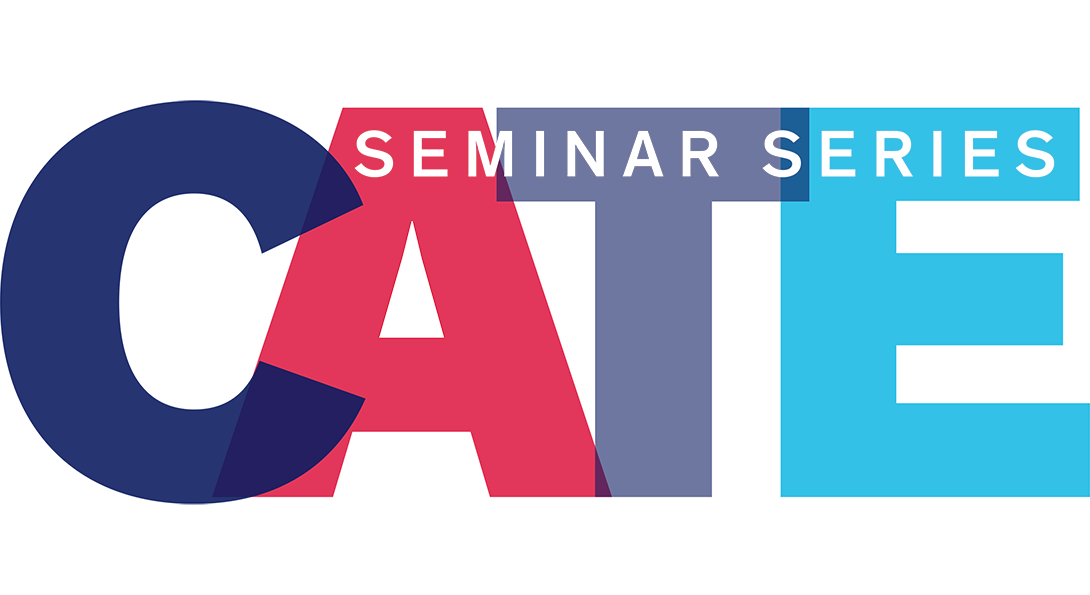
Scholars in Teaching & Learning: Enhancing Teaching with Research
1
As an instructor, how do you know if your teaching methods are effective in supporting student learning? Instructors can do this by engaging in the reflective teaching process – observing what is going on in their classrooms by collecting data and feedback from students, and planning changes to their teaching based on those observations and data.
This seminar series features speakers who have engaged in this reflective teaching process in a systematic way. They will share their evidence-based innovations in pedagogy and curriculum, education and action research discoveries, and their scholarship in teaching and learning and learning sciences. Topics span diverse disciplines and may be targeted at the undergraduate, graduate or professional student levels. Speakers include colleagues here at UIC as well as outside institutions.
In these sessions, participants will learn about various research project findings, and have the opportunity in an interactive part of the session to reflect on and talk to their colleagues about how to apply the scholars’ teaching strategies, research methodology, and/or research findings to their own practice and research. All faculty, staff, graduate students and post-docs are welcome to join. Seminars will be in a synchronous-distributed format: they are on-campus, in-person events with the option to join online via live streaming. Light refreshments will be provided.
2
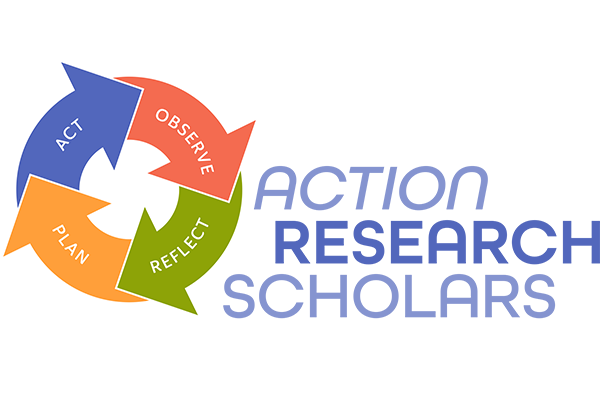
This series will also feature some of the work of experienced UIC instructors who completed the CATE Janet Riddle Action Research Scholars program, a year-long professional learning program investigating how their instructional practices and curriculum impacted the learning experiences of their students in their courses.
Check back in Fall 2025 for our next set of seminars!
Seminar Archive
Supporting material for past CATE seminars.
Sajna Razi
1
Abstract: Marketing technologies are digital technologies used in the field of marketing to achieve business goals. In the marketing industry, the number of marketing technologies used has increased from 150 to 9000 in the last ten years. These are used to create and monitor omnichannel consumer experiences. This is used in the day to day working of a marketer in the current times. So, it is critical to align the new generation of marketers to these skills and include these in their marketing education to prepare them for future successful careers. The traditional method of marketing education is currently not aligned to this dynamic need of the data driven marketer. Bringing in marketing technologies and implementing them for learning in marketing classes helps to bridge this gap. In this talk, I study how inclusion of Marketing technologies in marketing course curriculum and learning using them, affect student learning ,engagement and outcomes(skills, self-efficacy, help for future careers). The results of this research are aimed to improve student learning using marketing technology platforms and improve student outcomes.
2
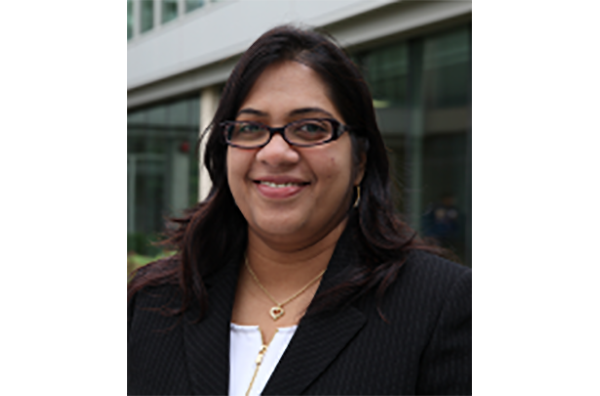
Speaker: Sajna Razi (pictured), Marketing
Seminar Date: November 20, 2024
Lieke van Heumen
1
Abstract: Plain Language is communication your audience can understand the first time they read or hear it. Plain Language has created access and promoted social justice for people with disabilities in spaces such as health care, public transportation, and research participation. We know little about the use of Plain Language Summaries (PLSs) as a strategy to promote access for students with disabilities in higher education. The Universal Design for Learning (UDL) framework values proactively improving accessibility of course materials to create an inclusive learning environment, and providing PLSs of course materials such as readings and lectures can be one way to achieve the goals of this framework. Survey findings across four semesters showed that the majority of the students in my disability studies college course (both those with and without disabilities) used the PLSs we developed, and found them valuable to their learning. This finding convinced me that PLSs have important potential in improving access and benefiting the learning of all students, regardless of their lived experience of disability. In this interactive presentation I share our process and findings when developing, implementing and evaluating PLSs, and engage the audience in exploring the potential of PLSs in their classrooms and contexts.
2
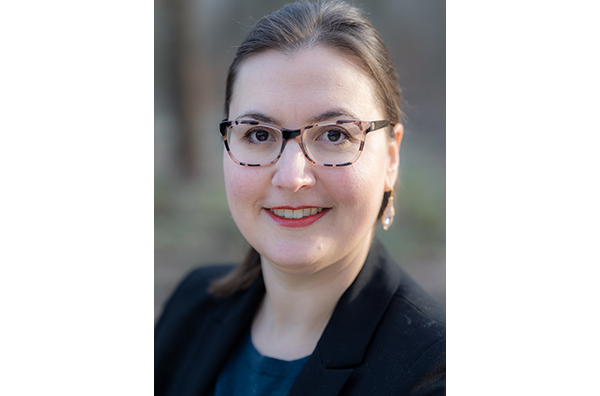
Speaker: Lieke van Heumen (pictured), Disability and Human Development
Seminar Date: October 29, 2024
Claudia Fernandez
1
Abstract:Teaching additional languages via tasks is based on a well-researched and theoretically solid framework; however, in-classroom studies about the linguistic outcomes and students’ perceptions of task value are still under-investigated, specially in higher education US contexts. The purpose of this study is to shed some light on curriculum design, task-based language teaching and learning, and students’ perceptions in a Spanish fourth semester course at UIC.
2
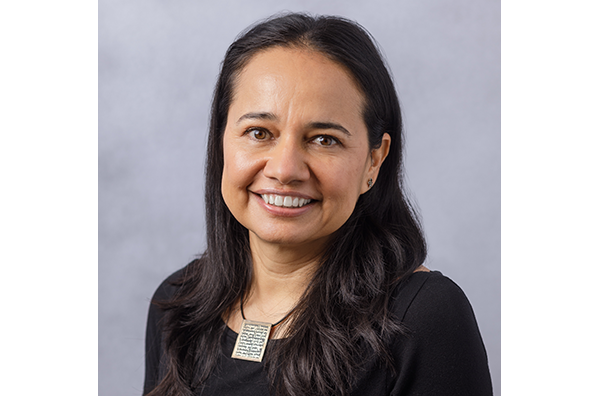
Speaker: Claudia Fernández (pictured), Hispanic and Italian Studies
Seminar Date: October 17, 2024
Trischa Duke
1
Abstract: This qualitative action research study examines international undergraduates’ perceptions and utilization of instructor feedback on their writing in an effort to improve student writing skill development by more effectively aligning feedback with its uptake. Classroom artifacts that are an established part of the course, such as writing assignment rubrics, self-review checklists, and reflective journal entries, will be collected and analyzed in order to trace the feedback cycle throughout students’ writing process. Findings will be used by instructors to examine their current feedback practices and how they might more effectively align these practices with student expectations and uses of constructive feedback.
2
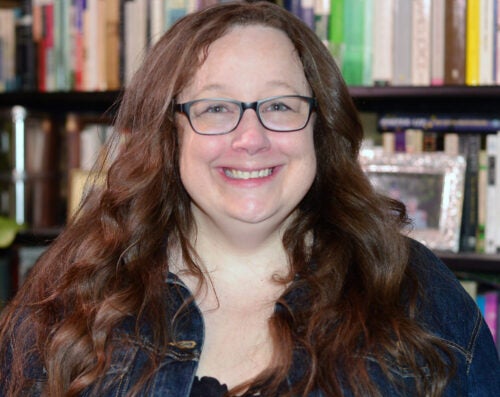
Speaker: Trischa Duke (pictured), UIC Business Online
Seminar Date: September 25, 2024
Charitianne Williams
1
Abstract: This project seeks to develop assessment methods that identify student progress towards “threshold crossing” in writing studies, an admittedly conservative framework of conceptual writerly knowledge, for use in writing courses.With the inevitable inclusion of AI in student writing processes and an increasingly global writing context, the definition of “good writing” as well as the assessment of student writing products has become not only more complex, but more changeable. Tool development thus far has utilized both qualitative and quantitative analysis, including user interviews, testing for factorial invariance, and confirmatory factor analysis. In an environment where knowledge of writing mechanics appropriate for every writing context is impossible, threshold concepts offer a knowledge base students can use for decision-making in their future writing processes and products in the absence of instructor supervision.
2
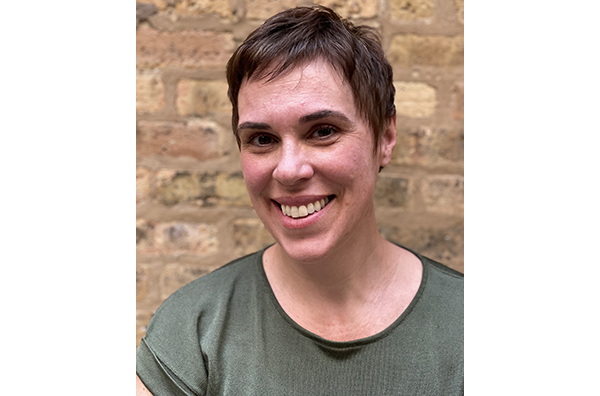
Speaker: Charitianne Williams (pictured), English & UIC Writing Center
Seminar Date: November 7, 2023
Yeow Siow
1
Abstract: Many nonconventional grading systems, such as standards-based and competency-based methods, have proven successful in improving student course learning outcomes. This project examines a newly developed fluency-based assessment system (FAS), and aims to answer the research question of how it impacts student engagement and motivation.
The conventional assessment system in engineering often penalizes student ingenuity and creativity, discourages learning through research, peer consultation and reflection, and undermines the growth mindset. At best, the conventional grading system in engineering rewards students who consistently exercise, and adhere to, textbook precision in problem solving. Oftentimes, however, the conventional system unjustly measures student success, and it can cause undue anxiety and frustration among students, leading to disengagement and lowered motivation.
The FAS seeks to address the pitfalls of the conventional system by focusing on the learning process rather than course grades. An example of FAS was implemented in a core mechanical engineering course in Spring 2023, and data was collected using a self-reporting instrument. Results show that, compared to the conventional system, FAS generally does a better job in helping students stay engaged with the course content and keeping students motivated throughout the term.
2
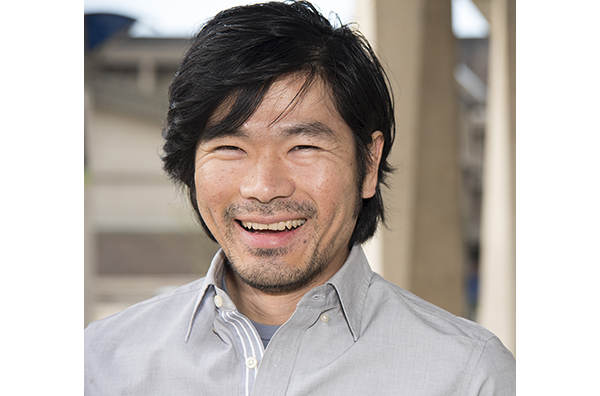
Speaker: Yeow Siow (pictured), Mechanical and Industrial Engineering
Seminar Date: October 5, 2023
Martina Bode & Shavila Devi
1
Abstract: As students returned to in-person classes after the COVID-19 pandemic and as instructors gained more experience teaching online, we continued to offer some form of hybrid learning in selected coordinated math courses. The CATE Action Research Scholars program supported us in understanding students’ preferences and experiences in different modes of instruction.
This study investigates the motivation, experience and performance of students in online and in-person mathematics courses and resources that students found helpful in achieving success.
The research questions guiding this study are:
- What are students’ motivations for choosing online versus in-person modes of learning and instruction?
- In expressing a preference for one mode of instruction over another, what do students cite as most helpful in either mode?
- How do students rate their engagement within each mode of instruction?
The findings from this study are aimed at understanding students’ motivations and preferences for instruction, which could help faculty with refining their teaching. Motivations such as convenience, commute, being able to take care of family members, and keeping a job were reported as salient for choosing online learning. The analysis also shows that students reported guided in-lecture and discussion worksheets, short pre-recorded lecture videos as most helpful in achieving success in mathematics courses. Moreover, various levels of engagements were reported in different modalities, with the online students reporting a higher level of engagement. Providing different modalities of mathematics learning and teaching are important as these different modalities meet the various needs of our diverse student population.
2
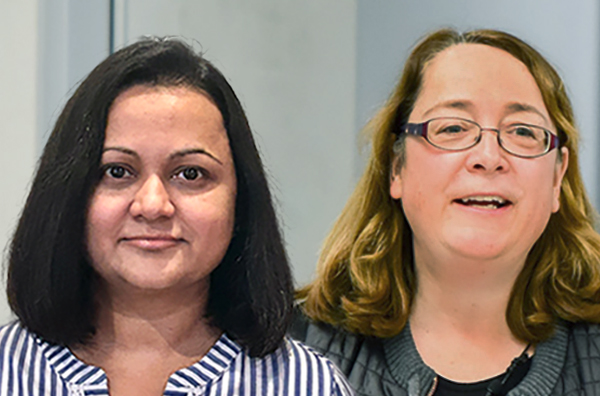
Pictured: Shavila Devi & Martina Bode
Speakers: Martina Bode and Shavila Devi, Mathematics, Statistics, and Computer Science
Seminar Date: September 14, 2023
Lieke van Heumen & Rose Flanigan
1
Abstract: Some, but not much research has been done on modality options and students’ modality preferences in large general education courses. General understanding of undergraduates’ modality choice is limited, and faculty and administrators are often unaware of the complexity of decisions students are making (O’Neill et al., 2021). The purpose of this study was to find out what modality options are preferred by UIC students for the course DHD101. The research team consisted of the instructor of this course as well as two former DHD101 students as research assistants. Eleven formerly enrolled students in DHD101 participated in the study. They completed a short demographic survey and participated in a one hour focus group interview on Zoom. Across the three conducted focus groups, students discussed various personal circumstances and preferences that guide their selection of courses with specific modalities such as the realities of commuting to campus, weather, work schedules and the desire to connect with faculty and fellow students. Additionally, students indicated a desire for a flexible course modality for DHD101 that does not require in person attendance but provides support for it for students who want to benefit from it.
2

Seminar Speakers:
Lieke van Heumen, (pictured) Disability and Human Development
Rose Flanigan, Psychology & Disability and Human Development
Seminar Date September 11, 2023
Column 1
Column 1

Almaz Mesghina, M.A.
Bio:
Almaz (pronounced all – mahz) is a fifth year PhD candidate in the Department of Comparative Human Development at the University of Chicago, where she is a trained psychologist and a dedicated instructor. Almaz bridges these roles in her research by examining how insights from cognitive psychology can inform our pedagogical practices, and vice versa. She is particularly interested in understanding how anxiety can promote or hinder our capacity to learn. Almaz is the recipient of an Institute for Education Sciences pre-doctoral fellowship. She received her undergraduate degree in Psychology and Child Development from Vanderbilt University.
Column 2
Seminar Date: April 23, 2021
Abstract:
A growing body of work shows that many undergraduates, particularly students of historically marginalized identities in academia, experience quite severe levels of anxiety during their college years. The pandemic has only exacerbated this. In this talk, I summarize the research on anxiety and performance, using my research on undergraduates’ COVID-19 anxiety as an illustration. I will share how anxiety can manifest cognitively, and explore student-level (emotion regulation) and teacher-level (instructional design) strategies that we can use to help promote all students’ learning, even while anxious.
Archived Materials:
A UIC netID is required to access the video recording, presentation slides, and other seminar materials.
- Link to seminar video (authentication through Blackboard is required)
- Link to UIC Box folder with seminar materials